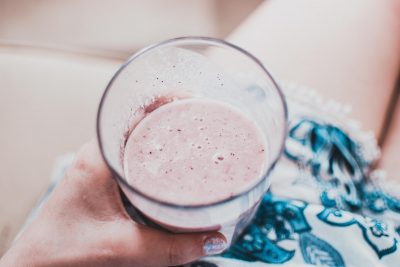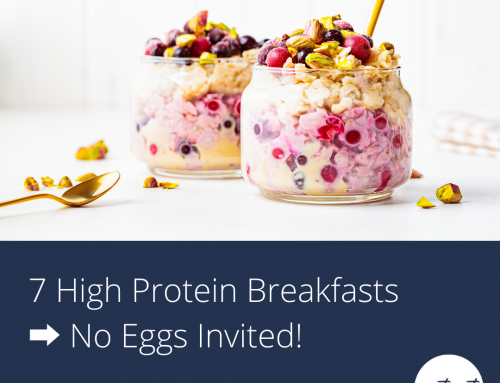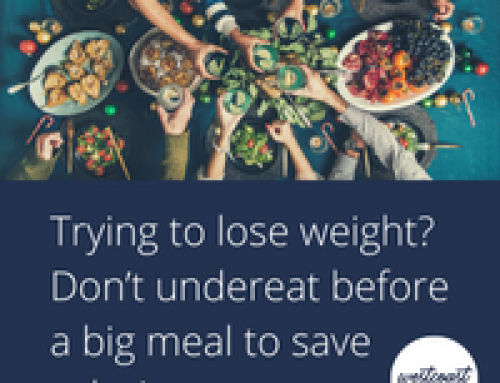Welcome to the wealth is health series! It seemed fitting to spend a couple weeks talking about nutrition for health and prevention. As most of you know I’m participating in the Workout to Conquer Cancer in the month of May, and have a long history working in cancer care. For the next couple weeks we’ll explore how to use food and nutrition to improve your health, energy, and wellbeing. While most of us are focused on our short term goals like weight loss or getting rid of bloating (worthy goals in their own right), I’m always quietly sneaking in nutrients and strategies that don’t just address the immediate, but protect your health long term. Despite our fears of sharks and dark allies, most Canadians are caught by Cancer, Heart Disease and complications of Diabetes. My secret hope is all my clients don’t just love long, but live AWESOME healthy and active lives.
So let’s get down to it! Before we can figure out HOW to eat for a long, healthy, awesome life we need to know what influences that outcome and how you can practically gauge how your body is doing without fancy tests. If you don’t know where to focus your energy, it gets awfully overwhelming!
My tip – skim through and see which marker applies to you, and then focus in on that one for the next few weeks. It will keep you out of overwhelm and give you clarity on if you’re moving forward.
Health span vs Lifespan
Lifespan, or how many years you live, is a great indicator when we’re studying the health of populations. Generally we know that those who live longer, have led healthier lives and had less chronic disease like the big 3 mentioned above. But…..I don’t want to be 95 and seeing different doctors every day of the week, I want to be working out, hiking with my friends, travelling around the world and soaking up all that retirement has to offer. How about you?
Enter Healthspan. If Lifespan is the years of your life, healthspan is the life in your years. Healthspan assumes you’d like to live a nice long life, but also that being free of chronic disease, not having to take tons of medications or treatments, and being mobile, active and mentally with it might all be REALLLY important measures for most of us. The things we’ll talk about below will help you increase both lifespan and healthspan, they get at the root of why we get sick in the first place so that we’re not just slowing down the inevitable by a year or two. Fun bonus? They’ll also help you feel better now, and who couldn’t use more of that?
Healthspan Super Heroes
Anti-inflammatory diet and lifestyle:
Inflammation may sound made up, but it’s a real process with a real function. In it’s healthiest form, it’s our immune system’s way to fight invaders and take out damaged cells that could cause problems down the line. It’s the fire that smokes out all the bad guys. With our busy, stressed out, and not always healthy lifestyles chronic inflammation or low grade immune response damages healthy cells instead of bad guys. This damage can make way for plaques in your arteries (heart disease and stroke), damage neuron function (brain health and mood) and accelerate DNA damage in otherwise healthy cells (Cancer). Not to fear – our bodies have built in anti-inflammatory pathways designed to turn those fires down! But it’s our job to turn those pathways on with food, activity, sleep and stress reduction.
- Dietary causes of chronic inflammation include poor nutrient quality (not enough repair nutrients), obesity, a low fibre diet, chronic gut issues (bad bacteria can signal inflammatory pathways and light up the immune system) and elevated blood sugars, even before diabetes.
- Other lifestyle factors include sleep (quantity and quality), genetics, stress levels, infections, and environmental exposure to pollution and other triggers.
Maximizing Cellular and DNA repair:
The second half of our superhero team is cell repair! Damaged cells are a natural part of being alive, but left unchecked damaged DNA (the code that turns on and off all the processes in our body) can turn in to unhealthy cells – ones that grow out of control, hijack much needed nutrients and damage our healthy cells. This is how cancerous cells form. Don’t panic – some level of damage is normal and manageable, and our body has immune cells whose job it is to clean up ones that get out of hand. But like any police force, they’re only so many good guys with so much time. We can make it easier by slowing down DNA damage and having lots of key nutrients to repair it.
- Dietary contributors to DNA and Cell damage: gut health (again, that chronic inflammatory link), how many key repair nutrients we get in, exposure to toxins in food and water, blood sugar (a key theme), too much insulin for our needs,
- Other lifestyle factors include genetics (a biggie here – that’s why cancer is complex, and not just preventable with food and lifestyle), sleep, environmental exposure, obesity, and exercise (it turns on our repair pathways) or lack of it.
There’s lots of overlap between the two, which makes our jobs as eaters much easier! Fibre and gut health, plenty of repair nutrients, reducing exposure to inflammatory foods, balanced blood sugars, and finding a healthy weight are some of our biggest healthspan influences.
What health markers tell me how I’m doing?
Your body is a great guide. Some of the basic markers I track to see how clients are doing for overall health are ones you can track on your own. Which one gives you the most grief day to day?
- Energy: How do you feel after you get up, as the day goes on, when you’re active? Is your endurance getting better or worse? Is your energy steady or up and down? Do you ever feel energized or are you constantly wishing for more coffee to get through the day?
- Gut health: Are your poops regular (at least daily), soft and formed, easy to pass? Or do you struggle with chronic constipation, harder poops, diarrhea or urgency? What about reflux or bloating, are they once in a while or frequent companions? Your gut is closely tied to your nervous and immune systems, and so is important to tackle first if it’s an issue for you.
- Healthy weight or body composition: Don’t stress about BMI, particularly under 30 and particularly if it’s spread out or on your hips/butt. Central weight (that right around the midsection) is the most dangerous from a health point of view, but having some fat is completely normal for humans. Don’t think about how it looks – but how do you feel? When did you feel your fittest, healthiest, most energized (aside from your 20’s, I’m not a magician)? Does your weight hurt your joints or slow you down? If not, you likely don’t need to worry about it. If the weight is mostly around your middle it’s impacting your fitness, mobility, breathing….it’s worth getting some help or working on it on your own.
- Mood and Sleep Quality: Do you feel more down, anxious, foggy, or moody than your normal when everything is good? Do you fall asleep and stay asleep? Toss and turn, lay awake? Variations in mood are human, but feeling low all the time is not. Our brain and nervous system run on the same nutrients and repair systems as the rest of our body, so supporting them may help offset these states.
Most of us know we could improve on an area or two. The good news is bodies are resilient and working on one area often improves the others, you don’t have to be perfect all the time and your body is capable of healing and repairing when we give it the tools. Pick one thing to get started on and work from there.
I’ll be talking about strategies to improve each of these over the next few weeks over on Instagram, and diving deeper into each one here too. Our next post will be all about gut health, and practical ways to give it a boost. You guys responded to the survey with a landslide that quarantine gut was here and it was crappy (pun intended). So we’ll get that feeling good first before moving on to Magnesium and other cell repair strategies after that!
Need some help getting your meals for the week balanced and prepared? If you’d like to receive our free Meal Planning Getting Started Guide AND get in on our weekly emails about all things nutrition so you can get clarity and confidence on what you’re eating, join us here!







